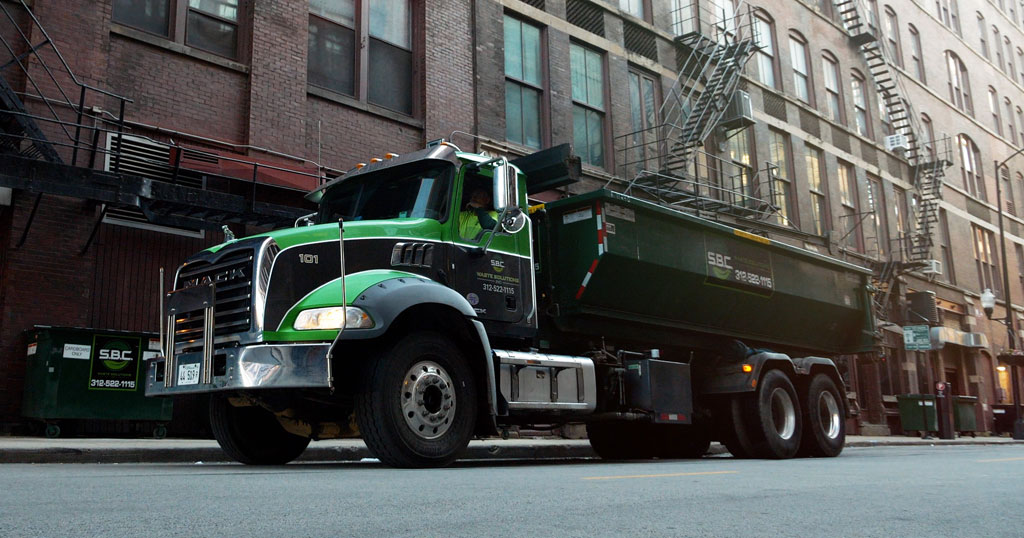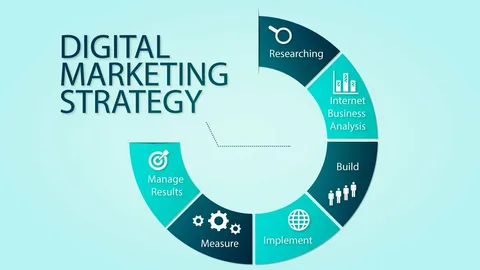When tackling a construction project, whether you’re renovating a home or managing a large-scale build, one aspect often underestimated is waste management. Construction projects generate significant amounts of debris, and without an effective solution, it can quickly become a logistical nightmare. That’s where construction dumpster rentals come in.
This guide will walk you through everything you need to know about renting a construction dumpster, including why it’s essential, how to choose the right one, and tips for maximizing its efficiency.
Why a Construction Dumpster is Essential for Your Project
From gypsum drywall to discarded concrete and wooden beams, construction projects generate considerable waste. A dumpster rental not only helps keep the job site clean and safe but also supports better productivity.
- Safety First: Piles of debris can pose serious safety risks on a construction site, from tripping hazards to potential injuries. A dumpster keeps everything contained.
- Efficiency Booster: With a dedicated area for waste, workers can focus on completing the project instead of managing scattered debris.
- Environmentally Responsible: Many dumpster rental services partner with recycling centers to ensure that materials such as metal, concrete, and wood are reused.
- Legal Compliance: Maintaining proper waste disposal helps you adhere to local ordinances and construction codes.
Now that you understand the importance, let’s explore the types of dumpsters available and how to choose one that suits your needs.
Types of Construction Dumpsters
Not all dumpsters are created equal, so understanding your options ensures you get the right fit for your project. Here’s a breakdown of the major types available for construction debris.
1. Roll-Off Dumpsters
These versatile, rectangular dumpsters are the most common choice for construction projects. Roll-off dumpsters are delivered and picked up by specialized trucks, making them ideal for temporary needs like demolition or remodeling.
Key Features:
- Ranges from 10 to 40 cubic yards.
- Easy to load via wide-open tops.
- Perfect for heavy materials like concrete or mixed debris.
2. Rear-Load Dumpsters
These are designed for smaller-scale projects or ongoing waste management needs on a construction site. Their slanted rear end makes them easy to load using carts or wheelbarrows.
Best for: Ongoing projects with light waste volumes.
3. Front-Load Dumpsters
Primarily used for long-term waste management, these are not as common for construction but can suit smaller projects like a retail store buildout.
Best for: Smaller renovations or retail construction work.
How to Choose the Right Size
Dumpster sizes are measured in cubic yards, and selecting the right one depends on your project scope. Picking too small a dumpster can lead to overflow, while selecting one that’s too large can be unnecessarily expensive.
Common Dumpster Sizes
- 10 Cubic Yards (ideal for small cleanouts): Perfect for removing up to 3 tons of waste, such as drywall and flooring remnants.
- 20 Cubic Yards (great for single-room renovations): Can handle mid-sized projects like kitchen remodels.
- 30 Cubic Yards (perfect for major construction): Suited for large-scale residential or commercial projects.
- 40 Cubic Yards (for massive amounts of waste): Ideal for demolition work or multi-home construction.
Tip: Always consult with the dumpster rental company to estimate your debris volume accurately.
How to Rent a Construction Dumpster
Here’s a step-by-step guide to ensure you get the perfect dumpster for your project.
Step 1. Identify Your Needs
Determine the type and volume of waste your project will generate. Construction debris can include items like wood, concrete, roofing materials, and even hazardous waste like asbestos (which requires special disposal).
Step 2. Find a Reliable Dumpster Rental Company
Search for a provider in your area with good reviews and transparent pricing. Look for companies that offer environmental recycling programs for construction waste.
Step 3. Understand Local Regulations
Some cities have specific rules for dumpster placement and waste disposal. Check whether you’ll need any permits, especially if your dumpster will be placed on public property like a street.
Step 4. Schedule Delivery and Pick-Up
Ensure the dumpster arrives before your project begins to avoid delays. Likewise, coordinate a timely pick-up to prevent prolonged clutter on-site.
Step 5. Maximize Your Dumpster Use
Make the most of your dumpster rental with these tips:
- Break Down Debris: Compact materials like cardboard or drywall to maximize space.
- Separate Recyclables: Establish separate piles for recyclable and non-recyclable debris.
- Avoid Overfilling: Overloaded dumpsters may result in extra fees or accidents during transport.
Pro Tips for Effective Waste Management
Know What You Can and Can’t Throw Away
- Accepted materials usually include concrete, wood, metal, and standard construction debris.
- Prohibited materials often include hazardous waste like tires, paint, or certain chemicals. These may require specialized disposal.
Work with Eco-Conscious Services
Choose dumpster rental companies that work with recycling facilities to minimize landfill waste. Many services now aim to recycle up to 80% of construction debris, turning materials like concrete into reusable aggregate.
Opt for Multiple Dumpsters
Large projects may need more than one dumpster. Consider renting separate containers for demolition waste, recyclables, and hazardous materials.
Monitor Usage Regularly
Assign a team member to oversee waste disposal to maximize space in the dumpster and ensure compliance with local regulations.
Why Construction Dumpster Rentals are a Smart Investment
Investing in a construction dumpster rental is a simple but impactful step for maintaining efficiency and order on-site. It is not only practical but also demonstrates your commitment to professionalism, safety, and environmental responsibility.
Whether you’re managing a minor renovation or building a tower, partnering with a dumpster rental company is essential for smooth operations.
Simplify Your Construction Waste Management
Streamlining your project has never been easier. By renting the right construction dumpster, you can eliminate waste management headaches, save time, and focus on what truly matters: completing your project successfully.
Looking for a trusted partner? Discover top-rated dumpster rental services tailored to your unique project needs today.



